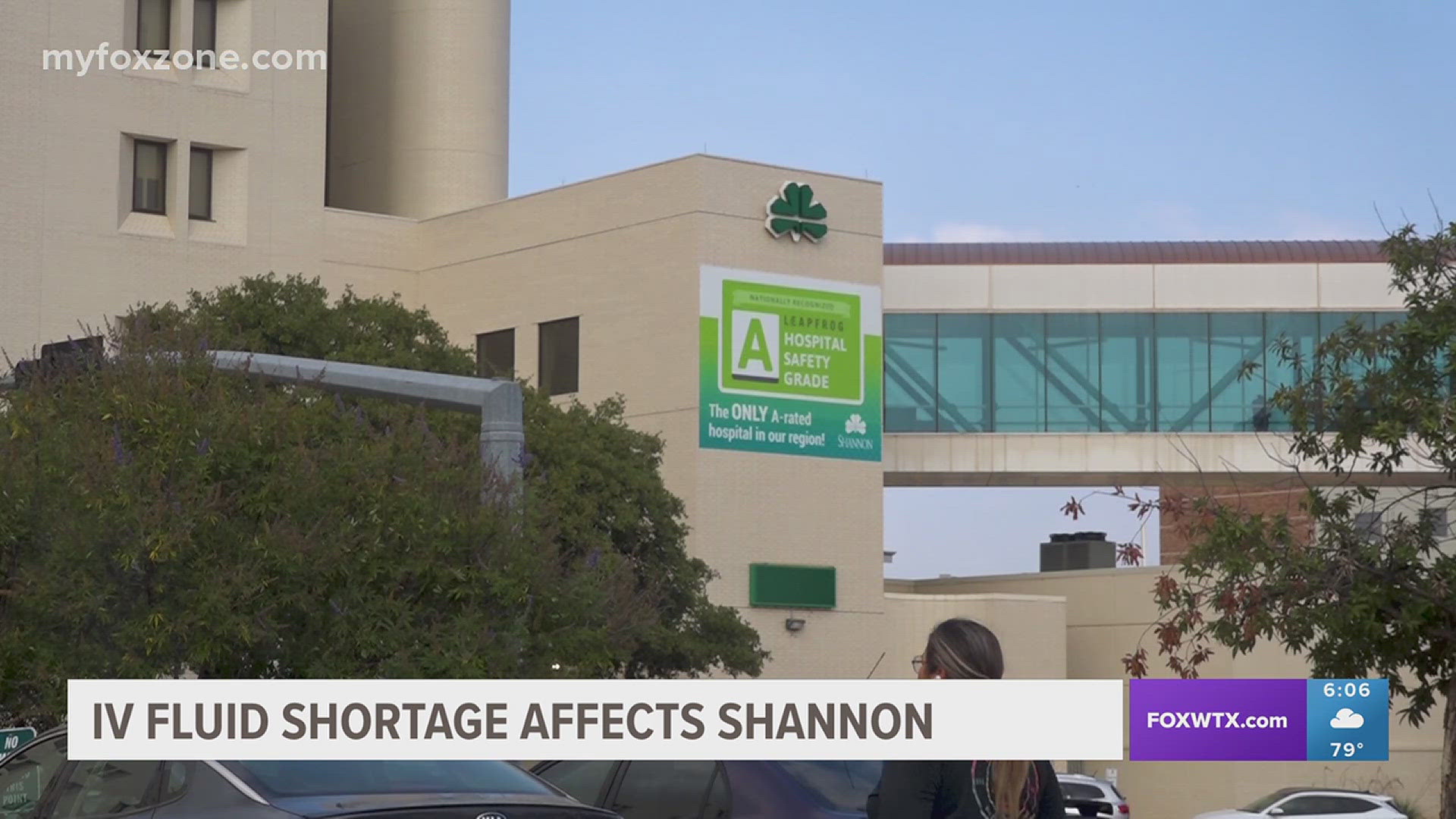SAN ANGELO, Texas —
It's been a little over a year since mental health service experts have talked with patients through Zoom, phone and other services to make sure they meet mental health needs, including West Texas' MHMR for the Concho Valley.
Facility staff said this sort of service might stay post-COVID-19.
The Texas Health and Human Services Commission, as the local mental health and the local developmental disabilities authorities of the Concho Valley, designates MHMR, which serves seven counties including Tom Green, Concho and Coke, just to name a few.
MHMR provides community members with mental health issues or an intellectual developmental disability both within the young and old age group. Serving people with autism and also people with a diagnosis with a substance abuse disorder.
Most people within the vulnerable population they serve are on Medicaid or have no other resources to pay for mental health services.
Greg Rowe, CEO of MHMR for the Concho Valley, said its facility provided telehealth services before the pandemic.
"At the height of COVID, we were still allowing a lot of people to come in to see folks. But we did a lot of remotes. So like our providers would call someone at their home, and that was a challenge in the sense of you know, people understanding how to utilize the technology," Rowe said.
Back in 2020, the local mental health authority responded to 3,700 crisis calls in the community. The facility staff activated over 1,300 responses through its mental health team and staff.
Despite the authority using telehealth before COVID-19, Rowe said there were still challenges.
"It was a challenge for folks to understand and know how to use it and how to connect and contact and talk," Rowe said.
Rowe said he and other mental health officials expect to use a combination of telehealth services and face-to-face services to continue to meet the mental health needs within the community.



